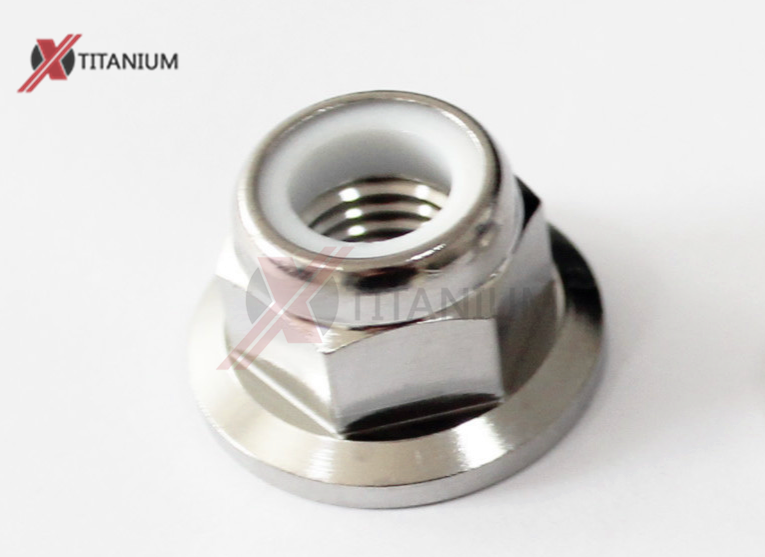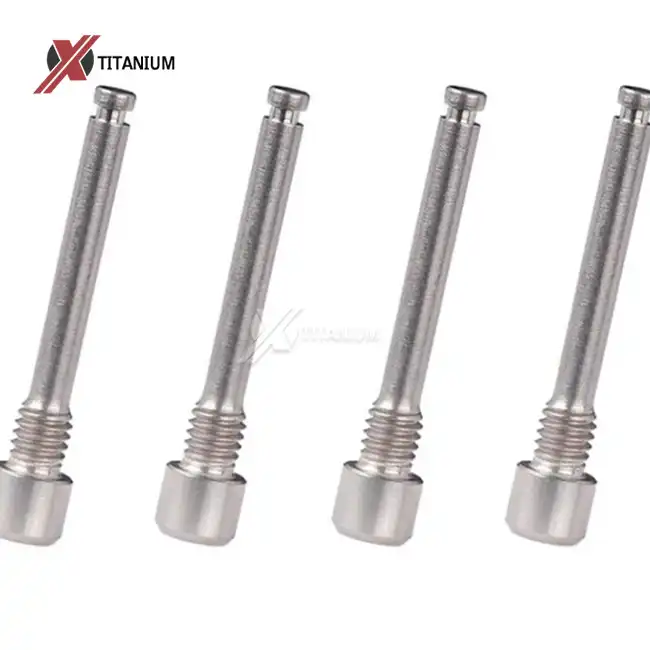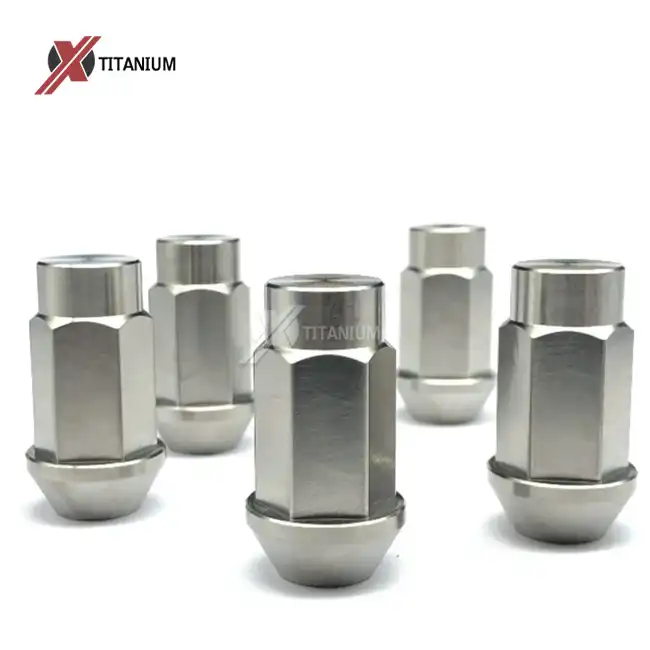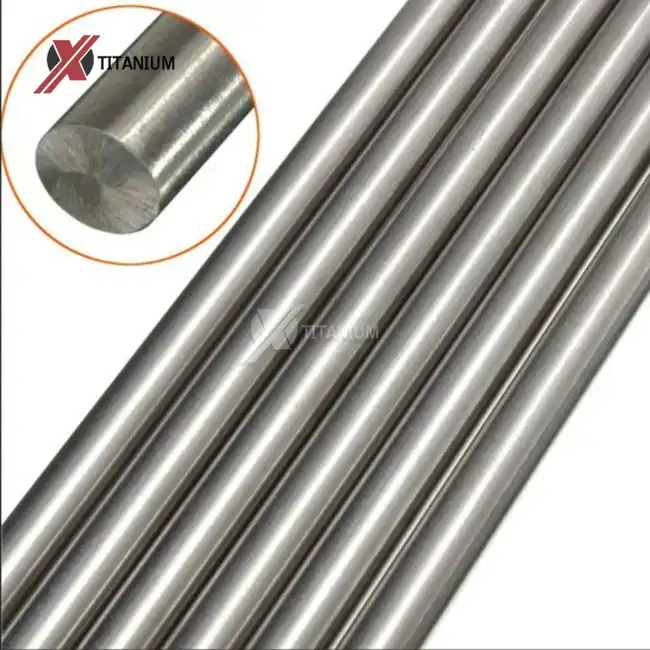- English
- French
- German
- Portuguese
- Spanish
- Russian
- Japanese
- Korean
- Arabic
- Greek
- German
- Turkish
- Italian
- Danish
- Romanian
- Indonesian
- Czech
- Afrikaans
- Swedish
- Polish
- Basque
- Catalan
- Esperanto
- Hindi
- Lao
- Albanian
- Amharic
- Armenian
- Azerbaijani
- Belarusian
- Bengali
- Bosnian
- Bulgarian
- Cebuano
- Chichewa
- Corsican
- Croatian
- Dutch
- Estonian
- Filipino
- Finnish
- Frisian
- Galician
- Georgian
- Gujarati
- Haitian
- Hausa
- Hawaiian
- Hebrew
- Hmong
- Hungarian
- Icelandic
- Igbo
- Javanese
- Kannada
- Kazakh
- Khmer
- Kurdish
- Kyrgyz
- Latin
- Latvian
- Lithuanian
- Luxembou..
- Macedonian
- Malagasy
- Malay
- Malayalam
- Maltese
- Maori
- Marathi
- Mongolian
- Burmese
- Nepali
- Norwegian
- Pashto
- Persian
- Punjabi
- Serbian
- Sesotho
- Sinhala
- Slovak
- Slovenian
- Somali
- Samoan
- Scots Gaelic
- Shona
- Sindhi
- Sundanese
- Swahili
- Tajik
- Tamil
- Telugu
- Thai
- Ukrainian
- Urdu
- Uzbek
- Vietnamese
- Welsh
- Xhosa
- Yiddish
- Yoruba
- Zulu
Best Countersunk Screws for Marine Applications: Why Titanium Wins?
When it comes to marine applications, titanium countersunk screws reign supreme. These fasteners outperform traditional materials like stainless steel due to their unparalleled combination of strength, lightweight properties, and exceptional corrosion resistance. Titanium's ability to withstand harsh saltwater environments, coupled with its high strength-to-weight ratio, makes it the ideal choice for marine engineers and boat manufacturers. The countersunk design ensures a flush finish, reducing drag and enhancing overall aesthetics. For applications where reliability, longevity, and performance are paramount, titanium countersunk screws emerge as the clear winner in marine environments.
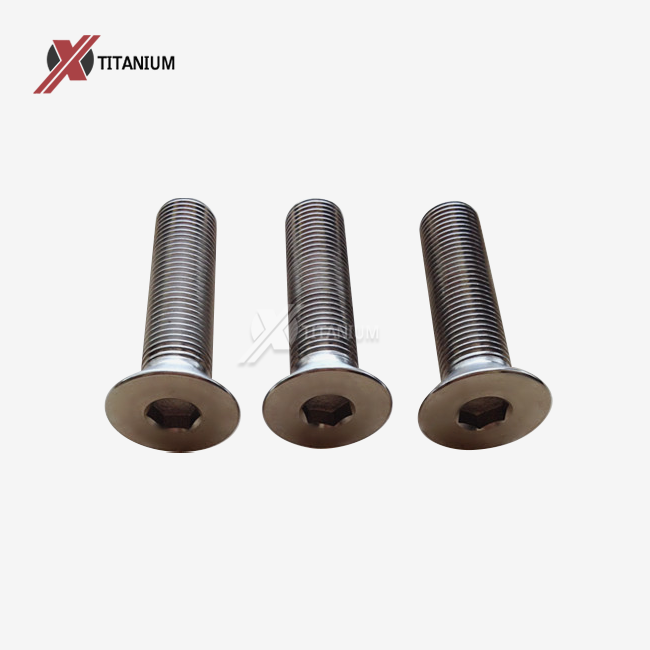
The Unique Properties of Titanium Countersunk Screws for Marine Use
Titanium countersunk screws possess a remarkable set of properties that make them exceptionally well-suited for marine applications. Their corrosion resistance is unparalleled, allowing them to withstand the harsh, salt-laden environments encountered in marine settings. This resistance to corrosion ensures longevity and reliability, even under the most challenging conditions.
The strength-to-weight ratio of titanium is another crucial factor that sets these screws apart. Despite being incredibly strong, titanium is significantly lighter than steel, contributing to overall weight reduction in marine vessels. This characteristic is particularly valuable in high-performance boats and racing yachts, where every gram matters.
Corrosion Resistance in Saltwater Environments
The marine environment is notoriously harsh on metals, with saltwater being particularly corrosive. Titanium countersunk screws excel in this arena due to their ability to form a protective oxide layer when exposed to air or water. This self-healing property provides ongoing protection against corrosion, ensuring the screws maintain their integrity over time.
Unlike stainless steel, which can suffer from pitting corrosion in chloride-rich environments, titanium remains virtually impervious to such attacks. This resistance extends to various other corrosive substances commonly encountered in marine settings, including acids and alkalis.
Strength and Durability Under Marine Conditions
The strength of titanium countersunk screws is a critical factor in their suitability for marine applications. Grade 5 titanium alloy (Ti-6Al-4V), commonly used in these screws, boasts a tensile strength of up to 1300 MPa. This exceptional strength allows for the use of smaller diameter screws without compromising on load-bearing capacity, contributing to weight savings and design flexibility.
Moreover, titanium's fatigue resistance is superior to that of many other metals. This property is crucial in marine applications where components are subjected to constant cyclic loading due to wave action and vibrations. The durability of titanium countersunk screws ensures they maintain their structural integrity over extended periods, reducing maintenance requirements and enhancing overall reliability.
Design Advantages of Titanium Countersunk Screws in Marine Engineering
The design of titanium countersunk screws offers several advantages that are particularly beneficial in marine engineering applications. The countersunk head design allows for a flush finish with the surface of the material being fastened. This smooth surface is not just aesthetically pleasing but also serves important functional purposes in marine environments.
For hull and deck applications, the flush finish created by countersunk screws reduces drag, contributing to improved hydrodynamic performance. This can translate into increased speed and fuel efficiency for marine vessels. Additionally, the smooth surface eliminates potential snag points, enhancing safety for crew members and reducing the risk of damage to equipment or clothing.
Compatibility with Marine Materials
Titanium countersunk screws demonstrate excellent compatibility with a wide range of materials commonly used in marine construction. This includes various metals, composites, and modern marine-grade plastics. The galvanic corrosion potential between titanium and other metals is generally lower than that of stainless steel, making it a versatile choice for mixed-material assemblies.
When used with carbon fiber composites, increasingly common in high-performance marine applications, titanium screws offer advantages over steel fasteners. The similar thermal expansion coefficients of titanium and carbon fiber help maintain the integrity of the joint over a wide temperature range, reducing the risk of loosening or material stress.
Customization Options for Marine-Specific Needs
Titanium countersunk screws can be customized to meet specific marine application requirements. This includes variations in head design, thread type, and surface treatments. For instance, some manufacturers offer titanium screws with specialized coatings to further enhance corrosion resistance or reduce friction.
The ability to produce titanium screws in custom sizes and lengths allows marine engineers to optimize fastener selection for each specific application. This flexibility ensures that the fasteners can be perfectly matched to the thickness and load requirements of different marine components, from thin hull sections to heavy-duty deck fittings.
Economic Considerations and Long-Term Value of Titanium Fasteners in Marine Applications
While the initial cost of titanium countersunk screws is higher than that of traditional fasteners, their long-term value proposition in marine applications is compelling. The extended lifespan and reduced maintenance requirements of titanium fasteners often result in lower total cost of ownership over the life of a marine vessel or structure.
The corrosion resistance of titanium eliminates the need for frequent replacement of fasteners, a common issue with other materials in marine environments. This reduction in maintenance not only saves on material costs but also minimizes downtime and labor expenses associated with fastener replacement.
Performance Benefits and Operational Efficiency
The use of titanium countersunk screws can contribute to improved performance and operational efficiency in marine applications. The weight savings achieved by using titanium fasteners, especially when aggregated across an entire vessel, can lead to increased payload capacity, improved fuel efficiency, or enhanced speed performance.
In racing applications, where every fraction of a second counts, the reduced weight and improved hydrodynamics offered by titanium countersunk screws can provide a competitive edge. For commercial vessels, the increased efficiency can translate into tangible economic benefits through reduced fuel consumption and increased cargo capacity.
Environmental Impact and Sustainability Considerations
The durability and longevity of titanium countersunk screws align well with growing environmental concerns in the marine industry. By reducing the frequency of replacements and associated waste, titanium fasteners contribute to more sustainable marine engineering practices.
Furthermore, titanium is 100% recyclable without loss of quality, supporting circular economy principles. At the end of a vessel's life, titanium components can be reclaimed and repurposed, reducing the environmental impact of marine construction and operation.
Conclusion
Titanium countersunk screws represent the pinnacle of fastener technology for marine applications. Their unmatched corrosion resistance, exceptional strength-to-weight ratio, and design advantages make them the superior choice for engineers and manufacturers committed to excellence in marine construction. While the initial investment may be higher, the long-term benefits in terms of performance, durability, and reduced maintenance make titanium fasteners a wise choice for those seeking the best in marine engineering solutions.
For more information about titanium countersunk screws and other titanium products for marine applications, please contact Baoji Chuanglian New Metal Material Co., Ltd. at info@cltifastener.com or djy6580@aliyun.com. Our team of experts is ready to assist you in finding the perfect titanium solutions for your marine engineering needs.
References
1. Marine Corrosion Forum. (2022). "Titanium Fasteners in Marine Environments: A Comprehensive Study."
2. Journal of Marine Engineering & Technology. (2021). "Comparative Analysis of Fastener Materials for High-Performance Marine Applications."
3. International Conference on Marine Structures. (2023). "The Role of Advanced Materials in Sustainable Marine Engineering."
4. Handbook of Marine Material Selection. (2020). "Chapter 7: Fastener Selection for Saltwater Environments."
5. Society of Naval Architects and Marine Engineers. (2022). "Performance Evaluation of Titanium Alloys in Shipbuilding and Offshore Structures."
Learn about our latest products and discounts through SMS or email
